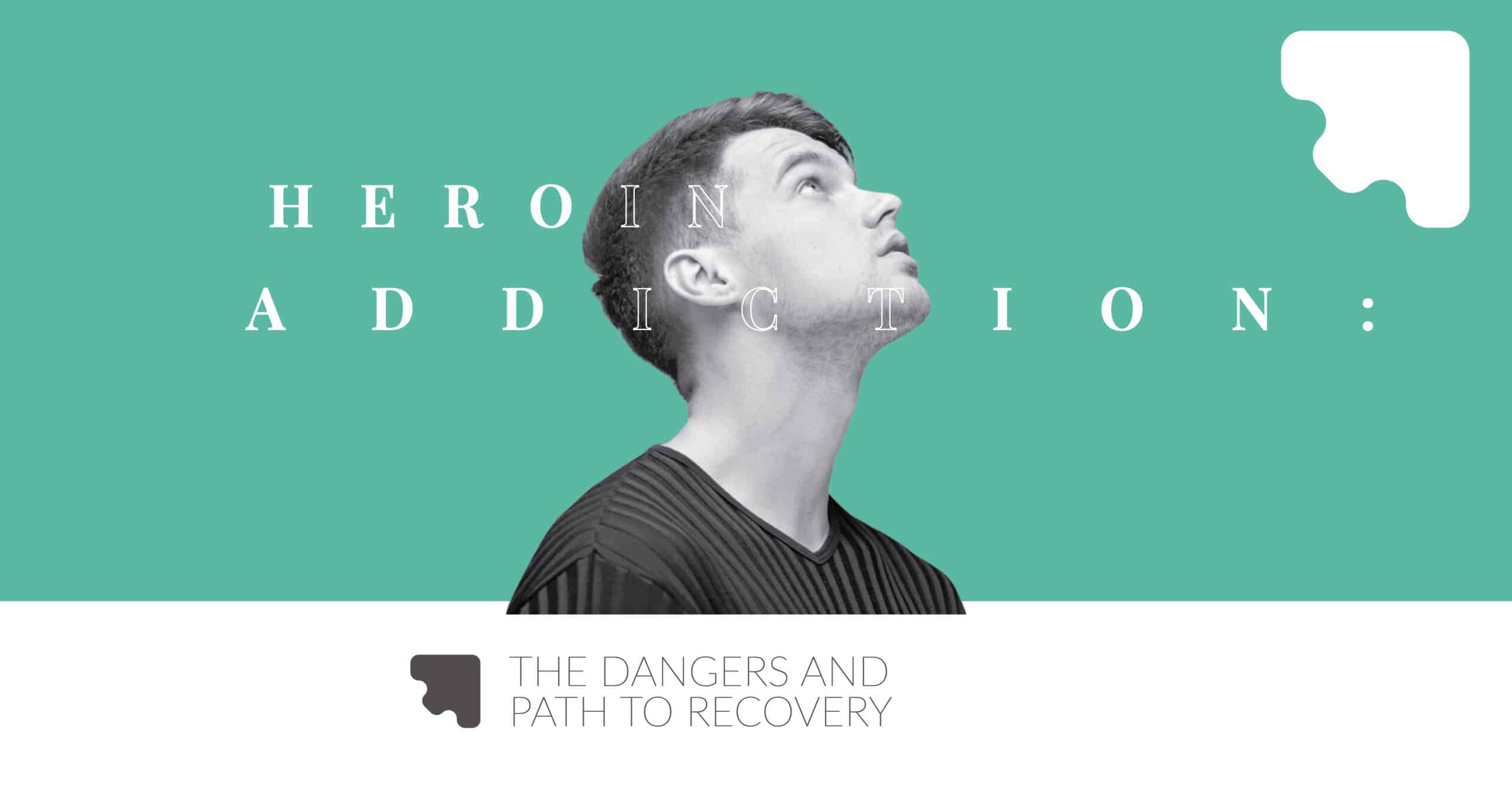In today’s world, where substance abuse is a prevalent issue, heroin addiction stands out as one of the most destructive and challenging battles individuals face. This comprehensive guide explores the dangers of heroin addiction and illuminates the path to recovery, offering hope and practical steps for those grappling with this devastating affliction.
Understanding Heroin Addiction
Heroin is derived from morphine, which is a highly addictive opioid drug that induces a sense of euphoria upon consumption. Its addictive properties stem from its ability to rapidly cross the blood-brain barrier, binding to opioid receptors and altering the brain’s chemistry. Despite its initial pleasurable effects, heroin use can quickly spiral into addiction, leading to severe physical, psychological, and social repercussions.
The Dangers of Heroin Abuse
Physical Health Risks:
- Heroin abuse can cause many physical health problems like breathing issues, collapsed veins, diseases like AIDS and hepatitis, and harm to organs.
- Overdose is a constant threat, with heroin being one of the major leading causes of drug-related deaths globally.
Psychological Impacts:
- Chronic heroin use can result in profound psychological effects, including depression, anxiety, paranoia, and cognitive impairment.
- The drug hijacks the brain’s reward system, leading to compulsive drug-seeking behavior and diminishing the individual’s ability to experience pleasure from other activities.
Social Consequences:
- Heroin addiction often strains relationships with family and friends, leading to isolation and social alienation.
- Individuals may resort to criminal activities to fund their addiction, increasing the likelihood of legal troubles and incarceration.
The Path to Recovery
Overcoming heroin addiction is undoubtedly challenging, but it is not insurmountable. Individuals can journey toward lasting recovery with the proper support, treatment, and determination.
Seeking Professional Help
Medical Detoxification:
- The first step in heroin addiction treatment is often medical detoxification, where individuals undergo supervised withdrawal in a safe and supportive environment.
- Medical professionals may administer medications to alleviate withdrawal symptoms and ensure a smoother detoxification process.
Therapeutic Interventions:
Behavioral therapies, like cognitive-behavioral therapy (CBT) and contingency management, are really important for dealing with the reasons behind addiction and teaching ways to cope and avoid going back to it.
Group therapy and support groups offer understanding among individuals in recovery.
Holistic Approaches to Recovery
Healthy Lifestyle Changes:
- Regular exercise, a balanced diet, and prioritizing adequate sleep can help restore physical and cognitive well-being.
- Mindfulness practices, such as meditation and yoga, can aid stress management and emotional regulation.
Rebuilding Relationships:
- Reconnecting with loved ones and repairing broken relationships is essential to recovery.
- Open communication, honesty, and forgiveness are vital to rebuilding trust and fostering healthy connections.
Optimizing Your Journey to Recovery
Leveraging Support Networks
Family and Friends:
- Lean on your support system for encouragement, guidance, and understanding throughout recovery.
- Educate your loved ones about addiction to foster empathy and strengthen your support network.
Professional Assistance:
- Work closely with addiction specialists, counselors, and healthcare professionals who can provide tailored treatment plans and ongoing support.
- Explore community resources, such as addiction helplines and peer support groups, for additional assistance and guidance.
Embracing a Growth Mindset
Setting Realistic Goals:
- Break down your recovery journey into manageable steps and celebrate each milestone.
- Stay committed to your recovery goals, recognizing that setbacks are a natural part of the process.
Cultivating Resilience:
Build resilience by understanding and growing from tough times and mistakes.
- Practice self-compassion and kindness towards yourself, acknowledging your progress despite your obstacles.
Conclusion: A Journey of Hope and Healing
Heroin addiction casts a long shadow of despair, but beneath it lies the glimmer of hope for a brighter future. By understanding the dangers of addiction and embracing the path to recovery, individuals can reclaim their lives and rediscover joy, purpose, and fulfillment. Remember, recovery is not isolated. Journey but a collective effort fueled by resilience, support, and unwavering determination. We can overcome addiction and pave the way for a healthier, happier tomorrow.




